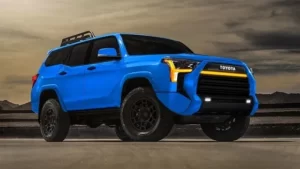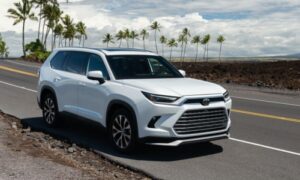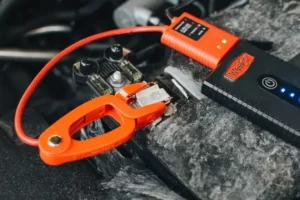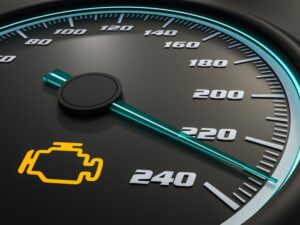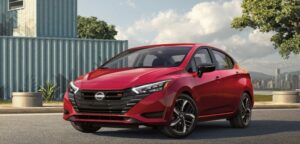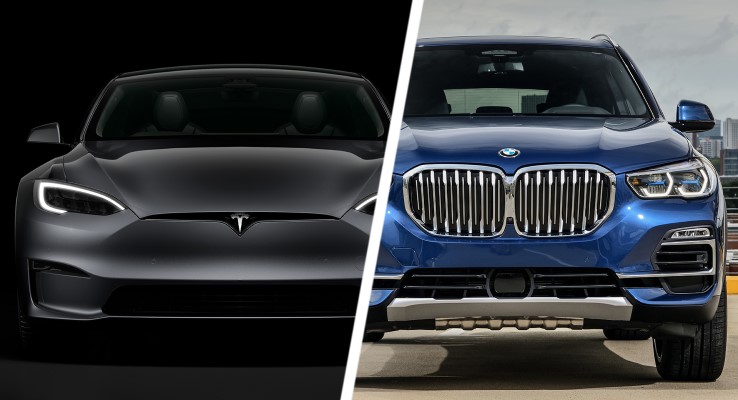
In recent years, the automotive industry has witnessed a significant shift towards electric vehicles (EVs), and two prominent brands that have made a substantial impact in this space are Tesla and BMW. Tesla, a pioneer in electric car manufacturing, has revolutionized the market with its cutting-edge technology, while BMW, a renowned luxury car manufacturer, has also made notable strides in the EV sector. In this article, we will delve into the key features, performance, and overall experience offered by Tesla and BMW electric cars, providing insights to help potential buyers make an informed decision.
1. Overview of Tesla and BMW Electric Cars
Electric vehicles have gained immense popularity due to their eco-friendly nature and advancements in battery technology. Both Tesla and BMW offer a range of electric cars that cater to different segments of the market. Tesla, founded in 2003 by Elon Musk, has become synonymous with electric vehicles and is known for its all-electric lineup, including the popular Model S, Model 3, Model X, and Model Y. BMW, a well-established luxury car manufacturer, entered the EV market with its BMW i3 and expanded its offerings with plug-in hybrid versions of its existing models, such as the BMW i4 and BMW i8.
2. Design and Styling
One of the key aspects that differentiate Tesla and BMW electric cars is their design philosophy. Tesla takes a minimalist approach with sleek lines and aerodynamic contours, resulting in a futuristic and elegant appearance. On the other hand, BMW combines its signature styling cues with modern elements, offering a blend of luxury and sophistication. Both brands focus on creating visually appealing vehicles that showcase the unique characteristics of electric cars.
3. Performance and Range
When it comes to performance and range, Tesla has set a high benchmark in the electric car industry. The Tesla Model S, known for its acceleration and top speed, has shattered records and redefined the notion of electric power. With impressive acceleration times and long-range capabilities, Tesla cars have become synonymous with high-performance electric vehicles. BMW, although not matching the raw power of Tesla, offers a balance between performance and efficiency, delivering a smooth and engaging driving experience.
4. Charging Infrastructure
One crucial aspect of owning an electric car is access to charging infrastructure. Tesla has invested heavily in building its Supercharger network, offering fast-charging capabilities across numerous locations worldwide. This extensive network gives Tesla owners the advantage of convenient and efficient charging. BMW, while not having an exclusive charging network like Tesla, benefits from access to various public charging stations and has partnered with other companies to provide comprehensive charging solutions to its customers.
5. Technological Innovations
Both Tesla and BMW incorporate innovative technologies into their electric cars. Tesla’s Autopilot feature is a standout innovation, offering advanced driver-assistance capabilities and paving the way for autonomous driving in the future. Additionally, Tesla’s over-the-air software updates continuously enhance the vehicle’s features and performance. BMW, known for its advanced engineering, integrates cutting-edge technology into its electric cars, providing intuitive infotainment systems and driver-focused interfaces.
6. Safety Features
Safety is of paramount importance in any vehicle, and both Tesla and BMW prioritize this aspect in their electric car offerings. Tesla’s vehicles have consistently performed well in safety tests and come equipped with an array of safety features, including collision avoidance systems, advanced braking technology, and comprehensive airbag systems. BMW electric cars also prioritize safety, with features like adaptive cruise control, lane-keeping assist, and pedestrian detection systems to ensure a secure driving experience.
7. Driving Experience
The driving experience offered by Tesla and BMW electric cars differs slightly due to their design and engineering choices. Tesla vehicles provide a unique experience with their instant torque and seamless acceleration, resulting in a thrilling and responsive drive. BMW, known for its sporty heritage, combines its expertise in handling dynamics with the electric drivetrain, delivering a dynamic and engaging driving experience that caters to driving enthusiasts.
8. Pricing and Cost of Ownership
Pricing plays a crucial role in the decision-making process for potential buyers. Tesla electric cars tend to have a higher upfront cost compared to BMW electric cars, primarily due to Tesla’s focus on high-end models and advanced technology. However, it’s important to consider the long-term cost of ownership, where Tesla’s lower maintenance and fuel costs can offset the initial investment. BMW, with its range of electric models, offers options at different price points, making EVs more accessible to a broader audience.
9. Environmental Impact
Electric cars are hailed as a greener alternative to traditional internal combustion engine vehicles. Tesla’s commitment to sustainability and its emphasis on transitioning to a sustainable energy ecosystem are well-known. By using renewable energy sources for vehicle production and investing in clean energy solutions, Tesla aims to minimize the environmental impact of its operations. BMW also emphasizes sustainability in its electric car production, utilizing eco-friendly materials and implementing sustainable practices throughout its manufacturing process.
10. Customer Satisfaction and Brand Reputation
Both Tesla and BMW enjoy a positive reputation in the automotive industry, albeit with slightly different brand images. Tesla has gained a cult-like following and has been at the forefront of the electric car revolution, known for its technological advancements and futuristic appeal. BMW, with its long-standing reputation for luxury and performance, brings its brand heritage to the electric vehicle segment, attracting customers who seek a balance between sustainability and driving pleasure.
11. Maintenance and Support
Maintenance and support are essential considerations for any vehicle owner. Tesla’s direct-to-consumer sales model and extensive service network ensure prompt assistance and support for its customers. Additionally, Tesla’s remote diagnostics capabilities allow for efficient troubleshooting and software updates. BMW, leveraging its established dealership network, provides comprehensive service and maintenance options for its electric cars, offering peace of mind to customers.
12. Future Outlook for Tesla and BMW Electric Cars
The future of electric cars holds tremendous potential, with advancements in battery technology, charging infrastructure, and autonomous driving capabilities. Tesla continues to push the boundaries of electric vehicle innovation and plans to expand its lineup with new models, such as the Tesla Cybertruck and Tesla Semi. BMW, with its commitment to sustainable mobility, will further enhance its electric car offerings and introduce new models to cater to evolving customer demands.
Conclusion
In conclusion, the competition between Tesla and BMW in the electric car market has spurred remarkable advancements and provided consumers with exciting choices. Tesla’s emphasis on high-performance electric vehicles and cutting-edge technology has positioned it as a leader in the industry, while BMW brings its renowned brand heritage and luxury experience to the EV segment. Ultimately, the choice between Tesla and BMW electric cars depends on individual preferences, considering factors such as design, performance, charging infrastructure, and cost of ownership.
FAQs
- Q: Are Tesla electric cars more expensive than BMW electric cars?
- A: Tesla electric cars tend to have a higher upfront cost compared to BMW electric cars, but the long-term cost of ownership, including maintenance and fuel savings, should be considered.
- Q: Do Tesla electric cars have better range than BMW electric cars?
- A: Tesla electric cars are known for their impressive range capabilities, but BMW electric cars offer competitive ranges depending on the model.
- Q: Can I use Tesla Superchargers with a BMW electric car?
- A: Tesla Superchargers are designed specifically for Tesla vehicles and cannot be used with BMW electric cars. However, BMW electric cars have access to various public charging stations.
- Q: Which brand offers better technological innovations in their electric cars?
- A: Both Tesla and BMW incorporate advanced technologies into their electric cars, but Tesla’s Autopilot feature stands out as a notable innovation.
- Q: Are BMW electric cars as environmentally friendly as Tesla electric cars?
- A: BMW electric cars prioritize sustainability and implement eco-friendly practices, but Tesla has a stronger focus on transitioning to a sustainable energy ecosystem.

